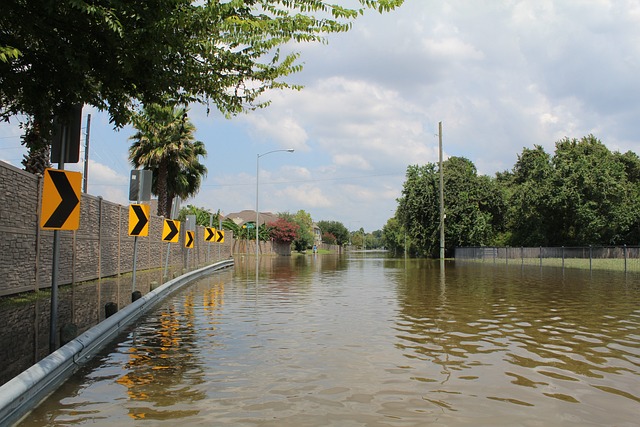
This is how we can claim for damages caused by rain and flooding to homes and private vehicles
April 02 , 2025 // Specialty
Published in Diario Sevilla
The Insurance Compensation Consortium covers damages caused by so-called "extraordinary risks."
First of all, it's important to keep in mind that not all insurance policies cover so-called extraordinary damages. This is where the Insurance Compensation Consortium (CCS) comes into play. This entity could cover the compensation owed to homeowners and vehicles affected by, for example, flooding. To do this, it's essential that they be previously insured. The OCU's advice on this matter is clear: report the incident to the insurer and inform the Consortium as soon as possible.
What is the Insurance Compensation Consortium?
As a public entity attached to the Ministry of Economy, Trade, and Enterprise, the Insurance Compensation Consortium performs multiple functions, including those related to the coverage of extraordinary risks. What does this mean? It covers damage caused by events that, according to statistics, occur rarely and whose effects exceed those that could be caused by normal circumstances. These include, for example, earthquakes or floods.
"The Consortium compensates for damage caused by natural phenomena or events of political or social impact, provided that insurance is taken out for the affected persons or property," reports the CCS. Thus, it worked on compensating vehicles affected by the DANA (Rainstorm Damage Damage) during the month of October 2024.
However, the OCU (National Automobile Insurance Company) clarifies that this entity does not cover all risks. "It applies waiting periods and compensates according to the terms of the private policy." However, "all car insurance policies include coverage for extraordinary risks, so owners whose cars have been swept away by floods or damaged by winds of over 120 km/h will be compensated by the Insurance Consortium."
What if it's not considered "extraordinary damage"?
Another possibility is that, despite the exceptional circumstances, the damage caused by the storm is not considered extraordinary. In this sense, some natural events are covered by home, community, or vehicle insurance. Therefore, the insurance company will be responsible, as long as it is part of the coverage contracted. For example, car owners with comprehensive insurance may be eligible for it for certain situations. "Damage caused by hail or the impact or collision of objects is usually expressly covered," the OCU (Spanish Association of Automobile Manufacturers) reminds us.
"Those with insurance that includes windshields may also be covered in the event of breakage of the glass." In any case, the OCU (Spanish Association of Automobile Manufacturers) advises "reviewing the insurance conditions and filing a claim if wind or storms have caused damage." Home insurance also typically offers coverage for "rain, hail, or wind when, although not reaching the magnitude of extraordinary risk, they exceed a certain intensity."
Tips for Filing a Claim
Whether or not it is considered an extraordinary risk, the OCU recommends "gathering all the evidence to prove the origin and consequences of the damage." This includes reports from meteorological agencies and observatories, newspaper clippings, photos, emergency reports, and, whenever possible, seeking witnesses.
What if the damage was caused by falling trees, lampposts, or other elements? In these cases, "even if we don't have insurance for the damage, we can claim against the owners or those responsible for the elements responsible, through the property liability procedure (if they are public administrations) or through civil proceedings, if they are private individuals."








